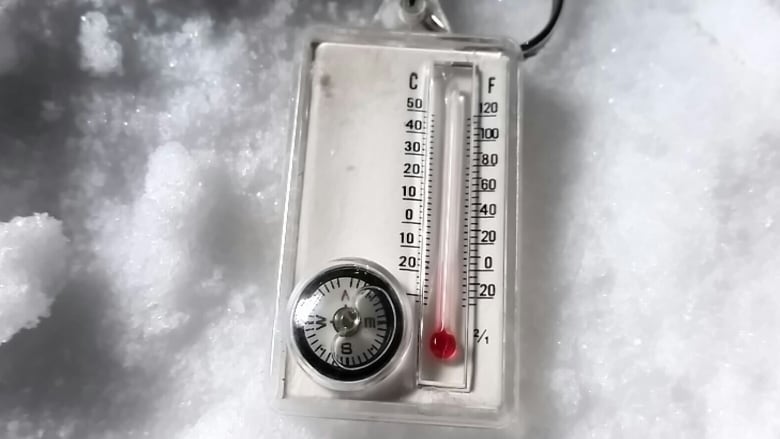Cold B.C. weather sparks 18% increase in power consumption
Cold weather snap has residents cranking up the heat inside while temperatures dip outside

The snow may be blowing outside, but insideBritish Columbians are making themselves toasty warm by turning up the heat.
Thisfirst wave of cold Arctic airincreased electricity demand by 12 per cent province-wide on Tuesday. By Thursday, that number had risen to 18 per cent.
With temperatures expected to stay low throughoutnext week, Mora Scott of BC Hydro believes usagecouldgoeven higher.
"We're preparing for peak loads of 9,900 to 10,000 megawatts. To put that in context, the highest peak demand on recordwas November 2006 when consumptionbetween 5 p.m. and 6 p.m. reached 10,113 megawatts. So, we could actually get close to that record."
Demand for electricity is always highest in the winter months between 4 p.m. and 8 p.m. on weekdays. We come home, switch on the lights, do laundry, make dinner, watch some TV and, of course, turn up the heat.
A good sweater can help keep you warm, but, according toScott, there are other steps wecan taketo offset the use of electricityandsave some money on our hydro bills at the same time.
"We recommend customers use a programmable thermostat to ensure you're only heating your home when you're at home. Other things you can do is wash clothes in cold water, turn off lights when you're not using them and turn off the heat drying function on your dishwasher."
Residential energy consumption can increase, on average, by 88 per centin the colder darker months.













_(720p).jpg)


 OFFICIAL HD MUSIC VIDEO.jpg)
.jpg)



























































































